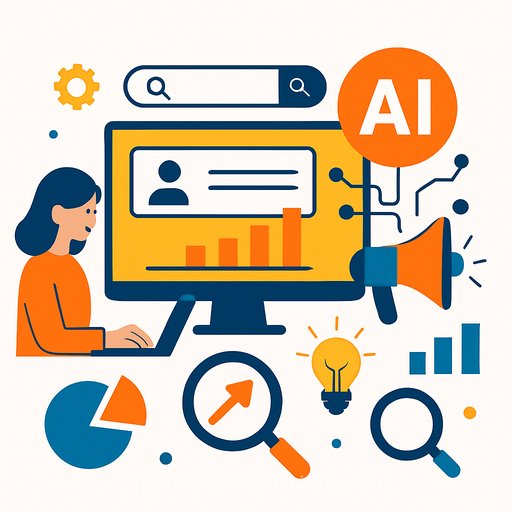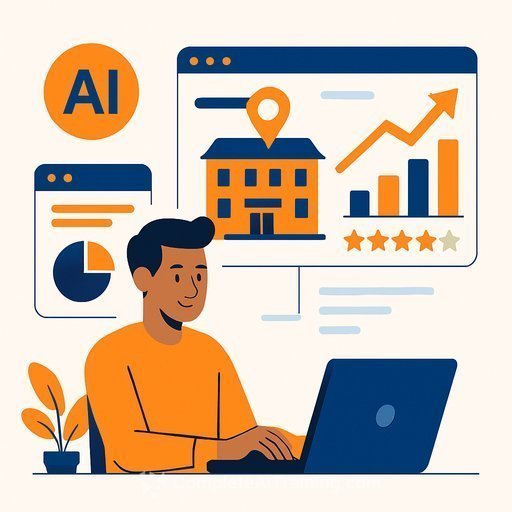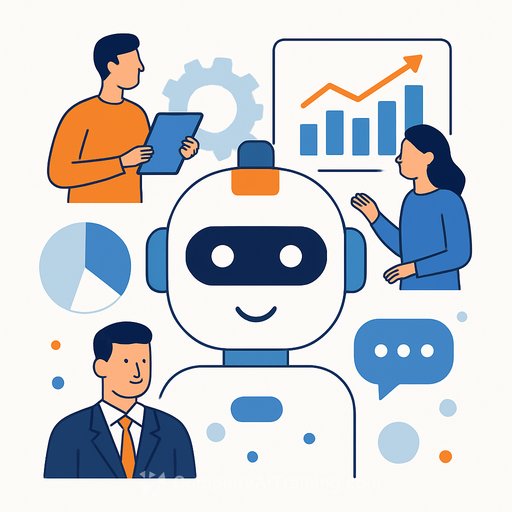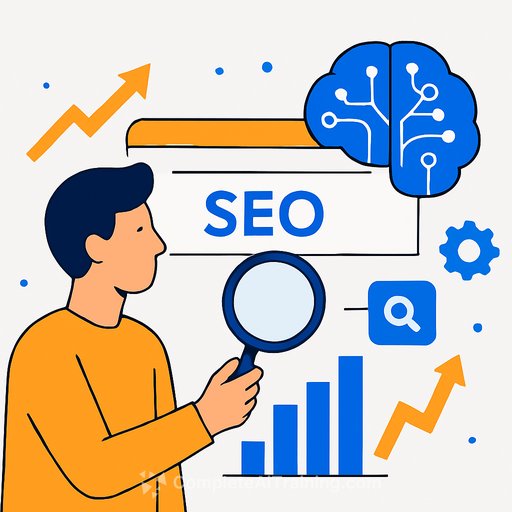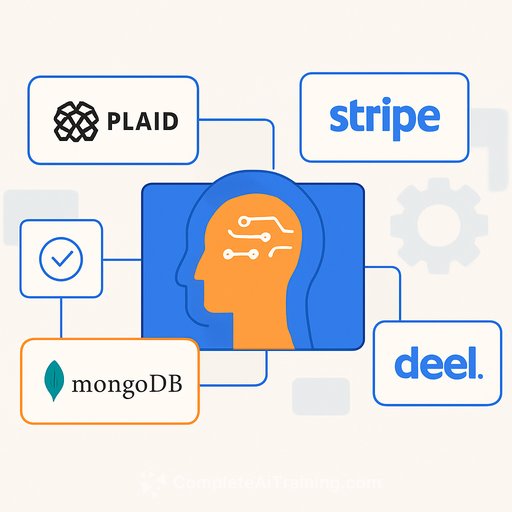The Shift from SEO to LMO in Digital Marketing
Digital marketing is undergoing a significant change as artificial intelligence reshapes how consumers discover and engage with brands. Claude Zdanow, CEO of ONAR Holding Corporation, a Miami-based marketing-technology firm, recently explained this shift. He suggests that the traditional focus on search engine optimization (SEO) is giving way to a new approach: Language Model Optimization (LMO).
Driven by tools like ChatGPT and Google’s Gemini, LMO is set to change how online visibility and commerce work. Zdanow emphasizes that companies adopting LMO early will gain a competitive edge. According to a Forrester report, 91% of U.S. advertising agencies now use generative AI to improve operations and customize campaigns.
The Rise of AI-Driven Discovery
Consumer behavior is evolving. More people now turn to AI chatbots for their questions instead of traditional search engines. Where SEO aimed at ranking high in search results, LMO focuses on optimizing content to be cited and used effectively by large language models (LLMs).
Zdanow explains it’s about weaving your brand’s story into AI responses. This concept was a key topic at GenAi Week Silicon Valley 2025. Industry voices, like a16z and Cloudflare’s CEO Matthew Prince, confirm this trend. They note that AI answering queries directly leads to fewer website clicks, signaling a shift from ranking to being referenced by AI.
Practical Strategies for Early Adopters
Adapting to LMO means rethinking content strategies. Zdanow recommends focusing on high-quality, entity-rich data that LLMs can easily recognize and reference. ONAR has been pioneering these approaches and achieving measurable results for clients.
Marketing teams should prioritize creating content that AI models can use directly in their responses. SEO expert Matt Diggity suggests tactics like entity optimization to stay ahead in AI-driven searches. Meanwhile, AI SEO consultant Olga Zarr points out that while core SEO principles remain vital, AI tools will form about 10% of SEO strategies in 2025.
Challenges and New Opportunities
There are concerns about reduced website traffic since AI provides direct, zero-click answers. Neil Patel has highlighted this trend in digital marketing discussions. However, LMO also opens doors for deeper engagement through personalized AI-driven recommendations that can boost conversions.
Zdanow’s background is interesting—starting in music production with Stadiumred Studios, which earned 30 Grammy nominations, before founding ONAR, now a publicly traded marketing company. His experience shows how combining creativity with AI marketing innovations can lead to success.
What This Means for the Market
As AI adoption grows, those who embrace LMO early stand to gain significant advantages. Zdanow predicts that by 2026, LMO will be as important as SEO was ten years ago. He warns that traditional SEO is becoming less effective in an AI-driven market.
Industry discussions on platforms like X emphasize Generative Engine Optimization (GEO) as the next standard. Marketers are encouraged to optimize for AI citation and prominence to avoid falling behind in a landscape where search is shifting from clicks to conversations.
- Explore AI courses to prepare for LMO strategies
- Learn about prompt engineering for AI content optimization
Your membership also unlocks:

